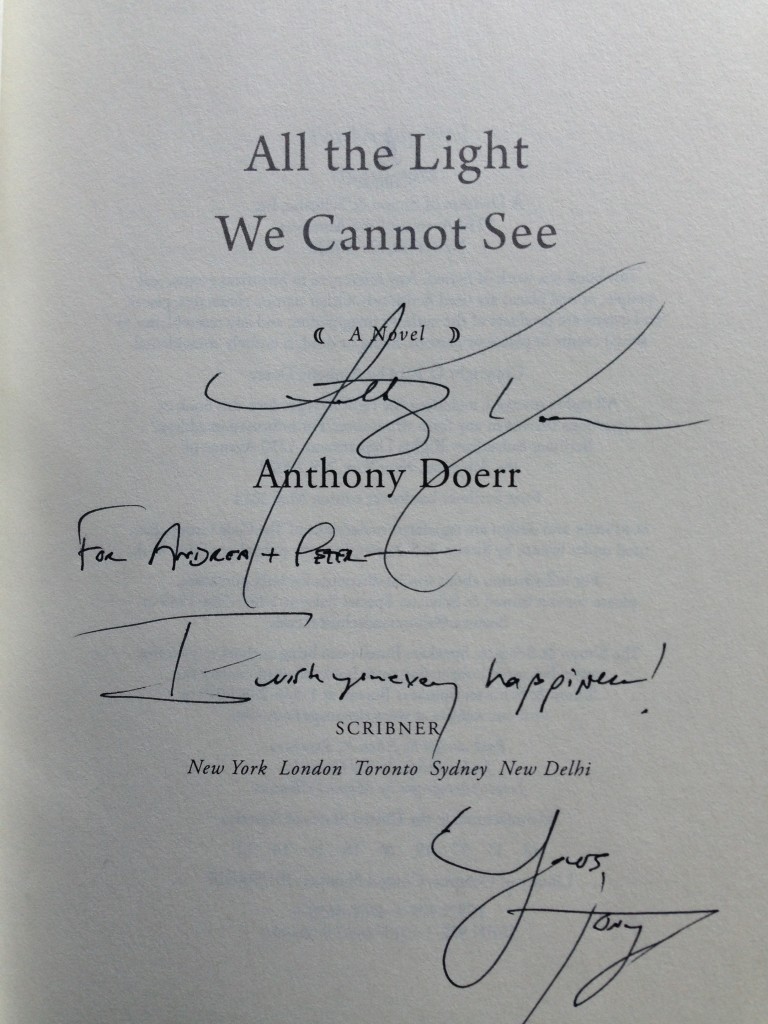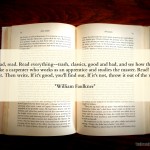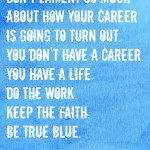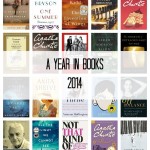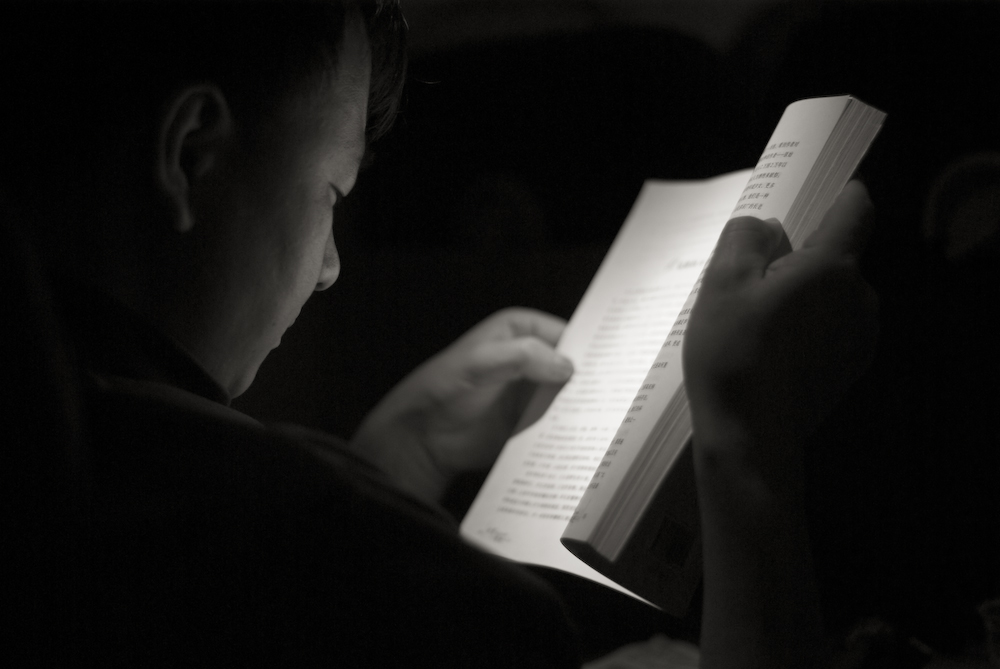
In a few days, Anthony Doerr might win the National Book Award. He’d win it for a beautiful, richly detailed novel that raises deep questions about good and evil against the backdrop of World War II.
I can’t imagine him working a deep fryer at a restaurant. But he did. Twenty years ago he was a bewildered college graduate who followed his diverse interests like rabbit trails. After getting his degree in history, he went to Telluride where he skied for 80 days in a row and worked at a restaurant. His endless curiosity had always ricocheted from one topic to another. He wanted to learn about everything. How do you learn about everything and still earn a living? In his case, he became a writer.
I love to discover the story behind a story. That’s why I made a point to be in the audience when Doerr spoke at my city’s book festival in October. Meeting the storyteller makes the story itself more complete somehow. When I read a book, I make a lot of assumptions about it. Some of them are right, but many are wrong. I’m reminded of a modern lit course I took my senior year of high school. I loved the class. We were a close-knit group who spent much of our time quoting Dead Poets Society and earnestly debating books. Looking back, I realize that our critiques were steeped in New Criticism, a school of thought that disregards the artist’s intention and gives ultimate authority to the reader. We regularly said arrogant things such as, This character is clearly a metaphor for this, or The meaning of the book is actually this. We were literary critics in Gap sweatshirts. It didn’t matter how outlandish our theories were, we were never wrong. Yet, in all our dissecting, not once did we ask, “Yes, but what does the author mean here?” Authorial intention was a foreign concept to us.
Now that I’m a writer myself, I see the short-sightedness of this. When I tell a story, of course I intend something. Of course there’s a particular meaning. My words are not accidents that happen to form cohesive sentences on a page. I choose them. Weigh them. Set them in their places on purpose. That’s why I think there’s value in knowing the writer. Or at least, hearing him or her speak at a book festival.
Anthony Doerr is energetic and animated. He begins his talk by eagerly spouting scientific trivia and showing photos that were taken by a high-powered microscope. He gets to his own life story and book-writing process eventually, and finally reads a selection from his novel. But its his contagious wonder and unpretentious demeanor that captures the audience.
We praise his short chapters and question the literary philosophy that drove the decision to pace his book that way.
He admits that actually, he and his wife were raising twin sons while he wrote the book. He had to write in snatches of time. Short chapters were a necessity because, as a parent, interruptions are frequent.
We wonder at his ability to tell the perspective of a blind character.
His response is essentially, That was believable? Whew.
We ask how he managed to write such a long book.
He confesses that the first draft had twice the number of pages. A book’s worth of content was edited out.
We applaud when he reads a chapter from his novel.
With surprise in his voice, he repeatedly thanks us for clapping as if it’s the first time it’s ever happened.
I was halfway through his book when I heard Doerr speak. (And here I must thank him for not including spoilers in his talk.) Afterward I returned to the novel with a deeper understanding of the story—the autographed cover page was a bonus.
